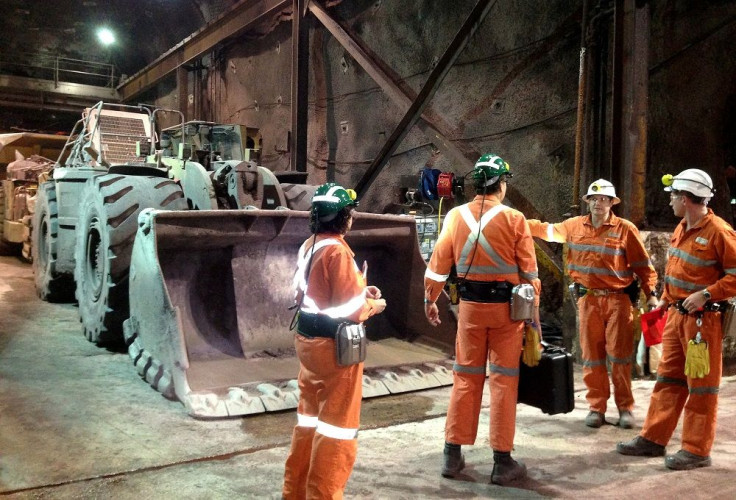BHP Billiton reports full year iron ore production of 227 million tonnes

Despite the ongoing 10-year commodity glut, giant miner BHP Billiton (ASX: BHP) reported a record full-year iron ore production of 227 million tonnes. BHP released on Wednesday its fourth quarter report which states it was short of its guidance on iron ore, but outperformed projections on copper and petroleum production.
BHP’s revised guidance for iron ore production was 229 million tonnes. The giant miner initially set guidance at 237 million tonnes but adjusted it downward when the Samarco dam in Brazil spilled and there was weakness in the output in Western Australia, reports Australian Financial Review.
The initial projected production from WA for the2016 financial year was 270 million tonnes. However, rail and weather maintenance interrupted operations in the March quarter caused BHP to lower the WA target to 260 million tonnes, but WA iron ore production also fell short at 257 million tonnes production.
Petroleum production declined 6 percent from the previous quarter to 56 million barrels of oil equivalent in Q4. The full-year petroleum production hit 240 million barrels, in line with expectations and ahead of the 237 million barrels guidance.
However, for the current financial year, the company said it would reduce oil and gas production between 200 million and 210 million barrels, much lower than the 223 million barrels expectations of Deutsche Bank, reports The Australian.
Andrew Mackenzie, BHP chief executive, says, “In petroleum, we have delivered strong performance from our conventional assets and responded to market conditions by reducing the number of rigs in our onshore US assets as we focus on cash flow and value.” He adds that in the next 12 months, BHP expects volumes and costs across its minerals business to benefit from the miner’s continued drive to safely improve productivity.
“We can create significant value through further cost reductions, taking advantage of latent capacity in our assets and investing in low-capital projects,” Mackenzie adds.
VIDEO: Is it a good time to buy BHP Billiton?






